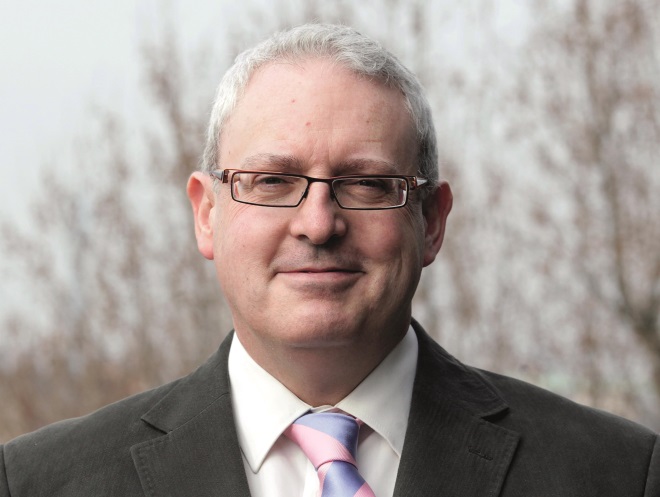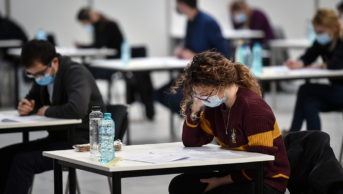
Shutterstock
An investigation into why Black-African trainee pharmacists perform less well in the registration assessments has been carried out by the General Pharmaceutical Council (GPhC) and the results suggest they could be more likely to struggle because many are also mature or overseas students. The research also shows that some Black-African candidates experience bias and prejudice.
The GPhC has collected data since 2013 on how candidates from various self-declared ethnic groups performed in the registration assessment. In 2013, the pass rate at first sitting for White-British candidates was 93%, while for Black-African candidates was 54%. Pass rates in 2014 were 95% and 72%, and in 2015 the rates were 88% and 54%, respectively.
The regulator then commissioned researchers to conduct focus groups and interviews with Black-African trainees, Black-African pharmacists who had recently qualified and with people involved in education and training to determine the reasons for lower performance.
The GPhC report, published on 7 July 2016, shows that a significant proportion of Black-African candidates who failed the registration assessment at their first attempt were mature students (42% in 2013; 39% in 2014 and 27% in 2015), meaning they may have faced family commitments or financial responsibilities that presented challenges to studying and training.
“It is evident that family commitments and financial responsibilities present challenges to mature students’ ability to meet course requirements, to undertake the additional studying required, and to form supportive peer networks, all of which are described as essential to success in both the MPharm degree and the preregistration placement,” the report says.
The report shows that Black-African students were more likely to have progressed to higher education via non-traditional routes (i.e. routes other than by A Levels or Scottish Higher examinations) and to have completed some or all of their secondary education overseas. The report suggests that overseas students can face a number of issues, including challenges in language and IT proficiency; different teaching, learning and assessment styles; a more deferential approach to academic staff; less confidence to ask questions and seek feedback; difficulties forming supportive peer networks; and visa issues restricting their preregistration placement options.
The participants also said that being proactive in engaging with tutors was important to accessing detailed feedback. “For [participants] who were less confident, including overseas educated participants and those with accents or a poorer command of English, this could be a barrier to tutor engagement.”
Some Black-African participants said they had found it difficult to form networks with peers from other ethnic backgrounds, while mature and overseas students in particular expressed feelings of isolation, the report says.
When it came to their preregistration year, some Black-African students said they considered hospital placements as “out of reach for students like them”, the report says, and a small number believed there were “prejudices against an applicant’s appearance or accent” when applying for community placements.
The researchers heard some examples of explicit prejudice towards and perceptions of implicit bias against Black-African students, particularly where they had undertaken their secondary education overseas. “Bias, whether overt or implied, was perceived to lead some trainers to have lower expectations of Black-African students; to adversely affect the preregistration placements students either applied for or were offered; and to undermine some Black-African students ability to learn, develop and reach their full potential,” the report says.
It adds that there were also a lack of Black-African role models within the pharmacy education and training pathway to guide, inspire and motivate students of a similar background.
The GPhC plans to hold a seminar in October 2016 with people working in pharmacy education and training to discuss the report’s findings, and to consider what actions need to be taken.

Source: General Pharmaceutical Council
Duncan Rudkin says the investigation will help the GPhC with its approach to equality and diversity issues within training and education
Duncan Rudkin, chief executive of the GPhC, says: “This research highlights the complex interplay of factors that influence the experience and performance of Black-African students during their education and training to become a pharmacist.
“While we can draw no firm conclusions from the report, it does offer important insights that will be of interest to a range of bodies within and outside of pharmacy, and will inform our approach to equality and diversity issues in our review of education and training standards.”
Tom Byrne, secretary general of the British Pharmaceutical Students’ Association (BPSA), says: “ [We have] come to the conclusion that the issues of age and prior education cannot easily be tackled by schools of pharmacy and training providers, but the BPSA would support measures to foster a more inclusive environment for Black-African trainees.”


